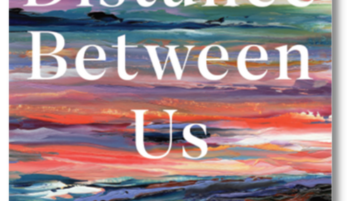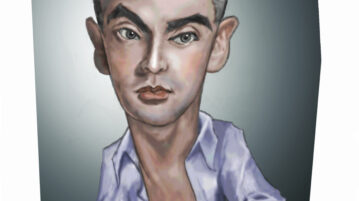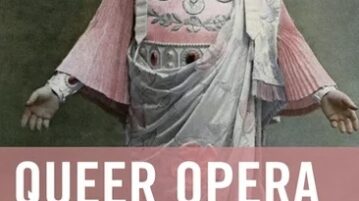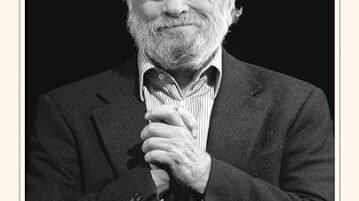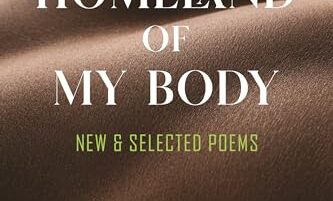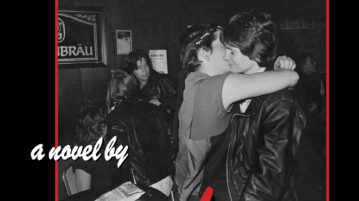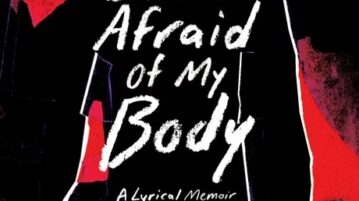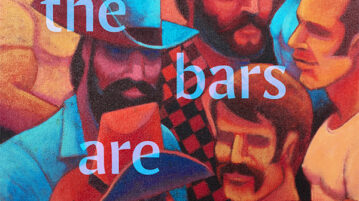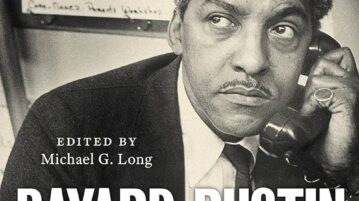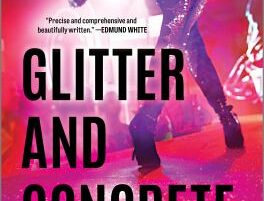
Deep History of the Culture Wars
IN THE SUMMER OF 1997, I gave birth to two beautiful drag babies on Pier 54 in Manhattan. We were at Wigstock, the raucous drag festival. Like many mothers, I neglected their development, but they have since grown into upstanding, fierce queens. Hundreds of drag mamas, whom Elyssa Maxx Goodman lovingly documents in Glitter and Concrete: A Cultural History of Drag in New York City, were far more committed to their drag careers and to nurturing newcomers to the culture of drag than was I.
More

